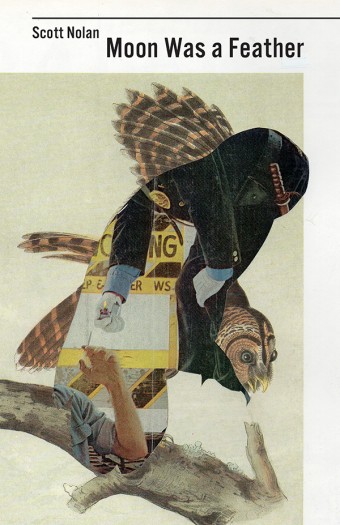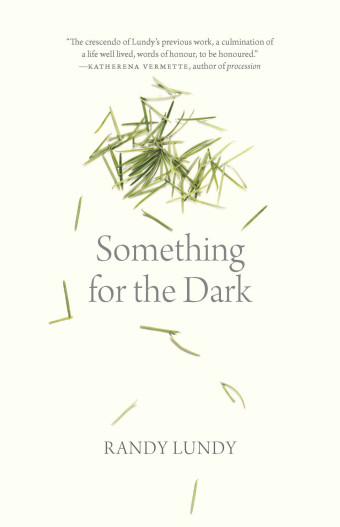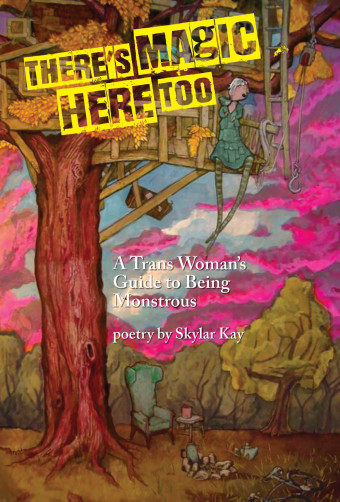The neighbourhoods, streets, and interstitial spaces of Winnipeg appear frequently in Moon Was a Feather, the first poetry collection from hometown singer-songwriter Scott Nolan. Stripped down to its quiet grit in moments of nostalgia and contemplation, the city spirit of uniqueness and integrity pokes out between lines like blades of grass through cracks in the pavement.

- Moon Was a Feather
- Scott Nolan
- J. Gordon Shillingford Publishing
- $15.95 Paperback, 80 pages
- ISBN: 978-19-27922-51-4
Take this description of spring fever from “Privacy Issues,” for example: “It always brings with it a sort of hysteria. / Two months we have / before we return / to our waking hibernation.”
“Winnipeg has its influence on everything I do,” Nolan says. “I used to defend it, yet now, I often brag about it. We live through four distinct and often difficult seasons, and historically speaking, we are a frontier town. Something about these extremes tends to foster a deficit of pretense.”
Brief but lingering, Nolan’s poems give readers an experience like glancing out through a car window during a pause at an intersection, witnessing small moments from a distance. This makes sense, given Nolan’s creative process, as most of the poems found in Moon Was a Feather were typed into an iPhone during pauses on long walks throughout the city.
“These long daily walks found me in the neighbourhood I grew up in, and frequently in the company of a childhood friend. I’m about middle-aged, I suppose, and I’m taking some inventory,” he says.
The inventory includes reflections on addiction and loneliness in “New Year’s Eve,” missing and murdered Indigenous women in “Springtime in Manitoba,” and rebellion and sharing stamped-out cigarette butts in “Grade Eight.” In “Deli,” the owner is remembered for loving baseball and jazz, and for honouring Nolan by placing a photo of him on his wall of fame.

Also remembered are certain beloved artists who have recently passed, their legacies immortalized in text. In “Telecaster Tears,” the loss of Prince Rogers Nelson is felt as the “colour / formerly known as purple” dissolves into blue and red. Gord Downie lives in “The Man Who Walks Amongst the Stars,” which articulates a feeling of homesickness in singing along with a barroom of strangers to memorized anthems of courage and hockey.
Movement and stillness both play significant roles in the collection, as one flows into the other, leading Nolan to settings that are described in “Cancelled” as “The kind of quiet you could tell your secrets to.” There, the reader becomes intimately acquainted with his introspective, detached voice.
In “Upright Piano,” the speaker watches folks enjoying ice cream on a warm summer day while he is “learning to breathe again.” Contemplating his detachment, the speaker compares himself to the titular musical instrument, claiming, “I need to at least be in tune with myself.”
These poems come from an authentic need for stillness and contemplation.
“I’ve lived with anxiety disorder for a number of years now, and have had some recent successes with the practice of meditation,” says Nolan. “Quiet and stillness twice a day for 20-minute sittings has done wonders for me.”













